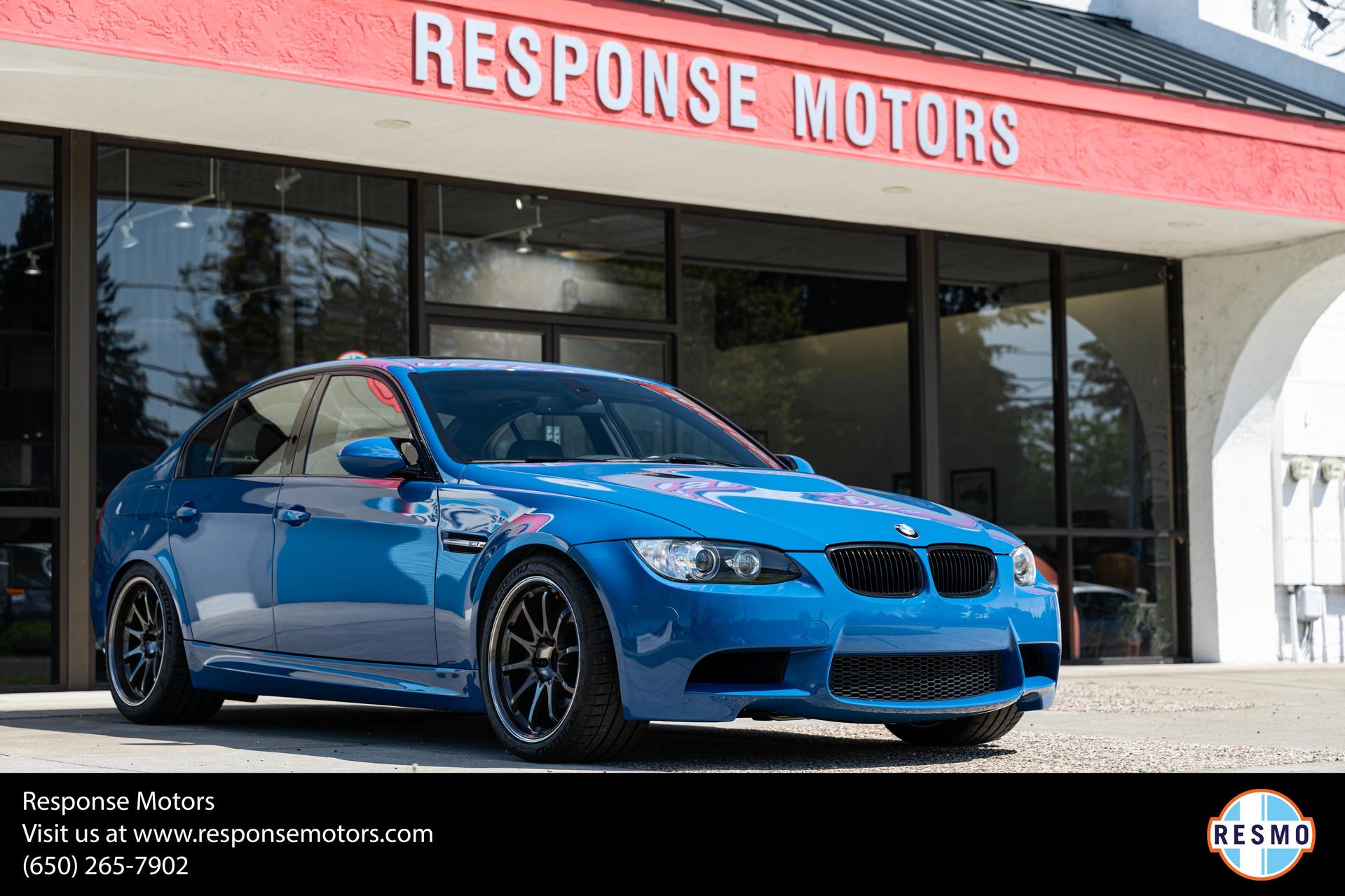Response Motors- How We React To The World
Every single day, we find ourselves reacting to countless things, whether it is a question someone asks us, a sudden noise, or even just a feeling that pops up inside. These reactions, these ways we get back to what's happening around us, they come from somewhere deep within. We can think of these inner workings as our personal "response motors," little engines that spring into action to help us make sense of and deal with the constant stream of events coming our way. It's a pretty fascinating idea, if you stop to think about it.
Sometimes, these inner "response motors" give us a very quick, almost automatic way of getting back to something, like when you pull your hand back from something hot. Other times, the way we get back to a situation is much more thought out, maybe taking a bit longer to form a complete picture of what we want to say or do. You know, like when you are trying to write a really good email, you might take a moment to think about all the different points you want to cover, and stuff.
So, these "response motors" are always on the job, helping us deal with the world around us in all sorts of ways. From the things we say out loud to the feelings that bubble up inside, and even the hidden workings of our own bodies, there is a whole system at play. It's actually quite remarkable how much goes on behind the scenes, you know, just to help us get through a regular day.
- Fuzzy Clog Slippers
- Lil Wayne Country Song
- Graduation Pics With Parents
- Macabre Ceremony
- Scary Costumes For Girls
Table of Contents
- What Makes Our Response Motors Go?
- How Do Our Bodies' Response Motors Work?
- Why Do Our Response Motors Sometimes Act Differently?
- Can We Learn to Adjust Our Response Motors?
What Makes Our Response Motors Go?
Every single thing that happens to us, every sound, every sight, every question we hear, acts like a little push that gets our inner "response motors" moving. It is like a switch getting flipped, and then something inside us starts to get ready to do something back. For example, when someone asks you a question, that question is the push, and your brain immediately starts working on finding a way to get back to them with an answer, you know.
This whole process can be very fast, or it might take a little while. It truly depends on what kind of push we are getting and what kind of getting back is needed. A simple "hello" might get a quick "hi" back, but a deep question about your thoughts on something important will, like, definitely set off a more involved process in your "response motors." It is all about how we are built to deal with the world, as a matter of fact.
Quick Response Motors- The Instant Reaction
Some of our "response motors" are set up for speed, almost like a flash. When something happens that needs an immediate way of getting back to it, these quick "response motors" kick in. My text says that a way of getting back to something "may imply a quick or spontaneous reaction to a person or thing that serves as a stimulus." So, if a ball comes flying at your face, your quick "response motors" make you blink or duck without you even having to think about it, basically.
- Kate Cumming
- Raising Canes Ncaa Sponsorship
- Drake Shirt Off
- Does Dairy Queen Have Cherry Dip
- Does Starbucks Give Out Free Water
These fast ways of getting back to things are really useful for keeping us safe or for making social interactions flow smoothly. Think about it, if someone tells a joke, your quick "response motors" might make you laugh right away. Or, if you touch something hot, your hand pulls back before your brain even fully processes the heat. These are just some of the ways our quick "response motors" are always working in the background, you know, keeping things moving.
Thoughtful Response Motors- When We Take Our Time
Then there are the times when our "response motors" need to take a slower, more complete approach. My text mentions that "reply often suggests a thorough response to all issues, points, or questions raised." This means that sometimes, getting back to something means really thinking through every single bit of it, making sure you have covered everything. It is like when you are trying to solve a puzzle, you do not just jump to the first answer you think of, you actually consider all the pieces, and stuff.
For example, if you get a message with a few different questions in it, your thoughtful "response motors" will likely make you pause, read each question, and then put together a complete way of getting back to each one. This kind of way of getting back to something shows that you have really thought about what was said or asked. It is not about speed here, but about being really complete and making sure everything is addressed, which is pretty important, honestly.
How Do Our Bodies' Response Motors Work?
Our bodies have their very own set of "response motors" that work without us even having to think about them. My text talks about how "The immune system springs into action to mount a response against the virus," which is a perfect example. When something harmful tries to get into our body, these internal "response motors" get busy fighting it off. It is like having a tiny, dedicated team inside you that is always ready to protect you, as a matter of fact.
These bodily ways of getting back to things are incredibly important for keeping us well. They are what allow us to breathe, for our hearts to beat, and for our bodies to heal themselves. My text also says, "Responses can be physiological, such as," which points to all those automatic ways our body reacts, like when your pupils get smaller in bright light. These "response motors" are truly amazing, always working to keep things in balance, you know.
Emotional Response Motors- Feeling Things Out
Our feelings also have their own powerful "response motors." My text gives a great example: "If you cry at sad movies, you're having an emotional response to the drama that's taking place on the screen." This shows how deeply our feelings are tied to the ways we get back to things. When something touches us deeply, whether it is a movie, a song, or a conversation, our emotional "response motors" get going, and we might feel joy, sadness, or even anger, you know.
These emotional ways of getting back to things are a huge part of what makes us human. They help us connect with others, understand situations, and sometimes even guide our actions. A feeling of happiness might lead you to smile, or a feeling of frustration might make you want to talk something out. It is all part of how our inner "response motors" help us express what is going on inside, basically.
Why Do Our Response Motors Sometimes Act Differently?
It is pretty interesting how different people, or even the same person at different times, can have different ways of getting back to the exact same thing. My text mentions that "The response from local businesses has been muted," which means they did not react very strongly. And then, "My initial response was one of anger," showing a very strong feeling. So, why do our "response motors" give us such varied results sometimes? Well, a lot of things can play a part, you know.
How we are feeling that day, what we have experienced before, or even what we expect to happen can all change how our "response motors" behave. If you are tired, your way of getting back to a question might be shorter than if you are feeling refreshed. Or, if you have had a bad experience with something in the past, your "response motors" might make you more cautious this time around. It is all about the many little things that shape how we react, as a matter of fact.
Understanding Different Response Motors in Daily Life
Knowing a little bit about these different "response motors" can really help us in our daily interactions. My text says, "Your response to an event or to something that is said is your reply or reaction to it." This means that every time we say something back, or do something in return, we are seeing our "response motors" in action. If you can get a sense of whether someone is giving a quick, spontaneous way of getting back to something, or a more thought-out one, it can change how you talk to them, you know.
For instance, if someone gives a very short way of getting back to you, it might be their quick "response motors" at play, and it does not necessarily mean they are being rude. Or, if someone takes a while to get back to you, it could be their thoughtful "response motors" making sure they give you a complete picture. This bit of insight can make a big difference in how we understand each other, and stuff.
Can We Learn to Adjust Our Response Motors?
While many of our "response motors" work automatically, there is a certain amount of learning we can do to influence them over time. My text mentions, "This will slow and complicate any Iranian response," which implies that outside factors can affect how these ways of getting back to things happen. This suggests that with some awareness, we might be able to guide our own "response motors" a little bit, maybe making them a bit more thoughtful in certain situations, or a little quicker in others, you know.
It is not about completely changing how we are wired, but more about becoming a bit more aware of what sets off our "response motors" and how they typically behave. If you know you tend to have a quick, emotional way of getting back to things when you are tired, you might choose to pause a little longer before speaking. It is about gentle adjustments, like fine-tuning a machine, to help us get back to things in ways that serve us better, as a matter of fact.
Learning about these inner "response motors" is like getting to know a little more about how we work as people. It helps us see why we do the things we do, why we say the things we say, and why we feel the way we feel. It is all about understanding the hidden forces that shape our everyday ways of getting back to the world, which is pretty cool, honestly.



Detail Author:
- Name : Dr. Magnolia Zieme
- Username : glover.halie
- Email : zokeefe@gmail.com
- Birthdate : 2004-06-14
- Address : 744 Waelchi Islands Ullrichville, NJ 13797
- Phone : 1-269-380-8444
- Company : Vandervort and Sons
- Job : Production Laborer
- Bio : Enim perspiciatis eum unde aut et velit sed. Est dolor fugiat est possimus earum cum. Nostrum et et commodi tenetur ducimus facere.
Socials
linkedin:
- url : https://linkedin.com/in/weber2004
- username : weber2004
- bio : Quae omnis delectus ducimus impedit quis odio.
- followers : 6095
- following : 105
twitter:
- url : https://twitter.com/floydweber
- username : floydweber
- bio : Id necessitatibus quis eum. Ab iure officia et ducimus possimus. Sed magni eos dicta consequuntur.
- followers : 3171
- following : 787
instagram:
- url : https://instagram.com/weber1982
- username : weber1982
- bio : Nihil qui ipsa consectetur molestiae. Perferendis voluptas sed earum omnis id cumque.
- followers : 889
- following : 1763